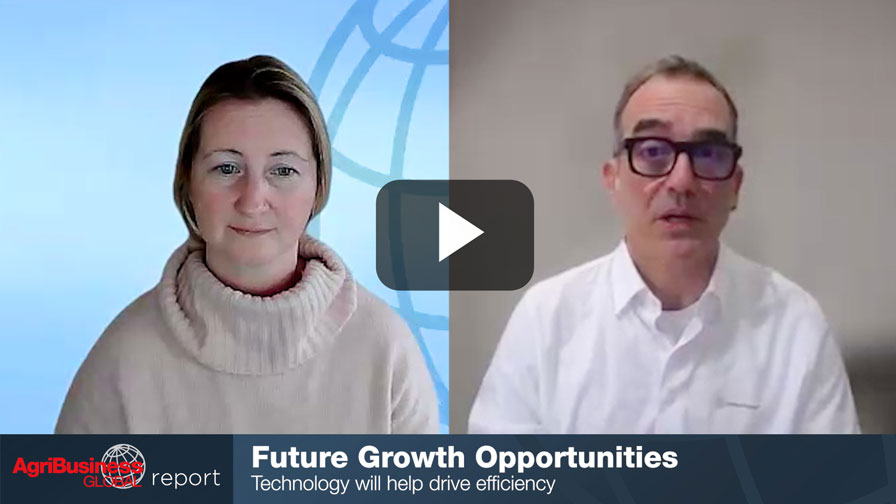CropLife International Reaches Global Milestone in Sustainable Pesticide Management
CropLife International today published the 2024 Annual Report of its Sustainable Pesticide Management Framework program (SPMF), the flagship initiative created in 2021 to support and enhance ongoing implementation of the International Code of Conduct on Pesticide Management (ICoC).
This reporting year saw a major step forward in the breadth of program reach, with launches in Guatemala and Chile bringing the initiative to Latin America, and a fulfilment of the original operational vision with the selection of Indonesia and Colombia as the final two countries to enter the program, taking the total footprint to nine countries across Africa, Asia and Latin America. The Annual Report for 2024 details the progress made to date in Kenya, Morocco, Egypt, Thailand, Vietnam, Chile, and Guatemala.
Through the SPMF program, CropLife International’s members have committed $13 million to fostering sustainable pesticide use and management, with an emphasis on low and middle income countries in the Global South. The program achieves this by increasing availability of innovations which enhance the ‘farmer toolbox’ in the face of climate pressure, enabling a sustainable transition suited to local growing and economic conditions.
Said Emily Rees, President and CEO of CropLife International as the report was published today, “The key to sustainable pesticide management is to pave the way for an expanding toolbox of solutions for farmers operating in increasingly challenging environments. Public-private partnerships, with the robust support of governments, can accelerate this vision.”
“During the course of 2024, our member companies reaffirmed their commitment to the International Code of Conduct on Pesticide Management. The SPMF serves as a cornerstone of this commitment. I’m incredibly proud to be a part of this initiative, building a program with the substance and longevity to effect lasting and systemic progress.”
Referencing the multi-stakeholder approach of the program, Rees thanked the dedicated partners and governments in each country whose work makes meaningful change possible, creating scalable models for the implementation of best practice.





